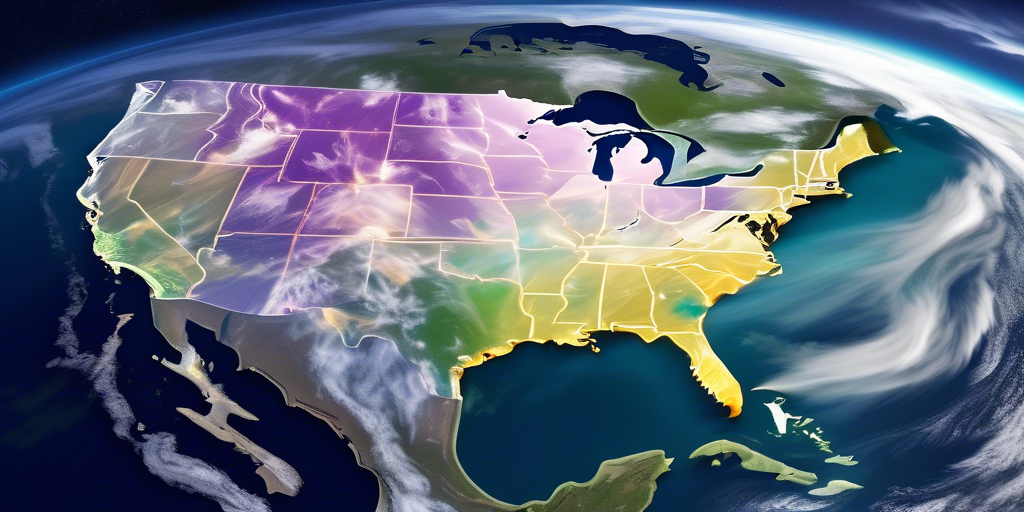NOAA plays a vital role in the United States, impacting lives daily through science and data. The NOAA provides weather forecasts, tracks climate changes, and helps respond to natural disasters across the country. As climate concerns grow, NOAA’s work becomes increasingly important for government agencies and the public.
🎯 What is NOAA?
NOAA, the National Oceanic and Atmospheric Administration, is a federal scientific agency. Headquartered in Washington, D.C., NOAA’s mission is to understand and predict changes in climate, weather, ocean, and coastal environments. It also manages fisheries and protects marine ecosystems.
Founded in 1970, NOAA operates under the U.S. Department of Commerce. It integrates research, technology, and data collection to inform policy and keep citizens informed. NOAA uses satellites, weather stations, and research vessels across the nation and around the globe.
📊 NOAA’s Data and Its Impact
NOAA provides essential weather forecasts and warnings, helping communities prepare for storms, hurricanes, and floods. Its National Weather Service issues millions of forecasts each year, saving lives and reducing economic losses. NOAA’s data is also used by pilots, shipping companies, and emergency responders.
Beyond weather, NOAA monitors long-term climate patterns. Its research helps scientists understand droughts, extreme weather, and rising sea levels. This data guides public policy and helps shape environmental regulations in the United States.
⚡ Recent Developments and Innovations
Recently, NOAA launched new weather satellites equipped with advanced sensors. These improve the accuracy of forecasts and speed of severe weather alerts. NOAA is also developing artificial intelligence tools to analyze massive datasets, leading to faster, more precise predictions.
In addition, NOAA partners with universities and private companies to expand research. These collaborations have produced innovative ocean exploration vehicles and improved climate modeling. The agency is also working on communication strategies to reach wider audiences with timely alerts.
💡 NOAA in Everyday Life
Most Americans interact with NOAA data without realizing it. TV weather forecasts, smartphone apps, and emergency alerts rely on NOAA’s information. NOAA also manages the National Marine Sanctuary System, protecting vital marine habitats and supporting outdoor recreation.
Fisheries management by NOAA ensures sustainable seafood supplies and healthy oceans. The agency’s work is key for farmers, insurers, and coastal communities. As climate challenges grow, NOAA’s leadership in science will remain crucial for the nation’s resilience.
NOAA continues to innovate and adapt as environmental challenges evolve. Its work impacts everything from daily commutes to disaster recovery efforts. The agency’s scientific contributions make the U.S. safer and more prepared for the future.
Gostou de saber mais sobre NOAA? Seus amigos também podem se interessar. Compartilhe com eles agora mesmo!
